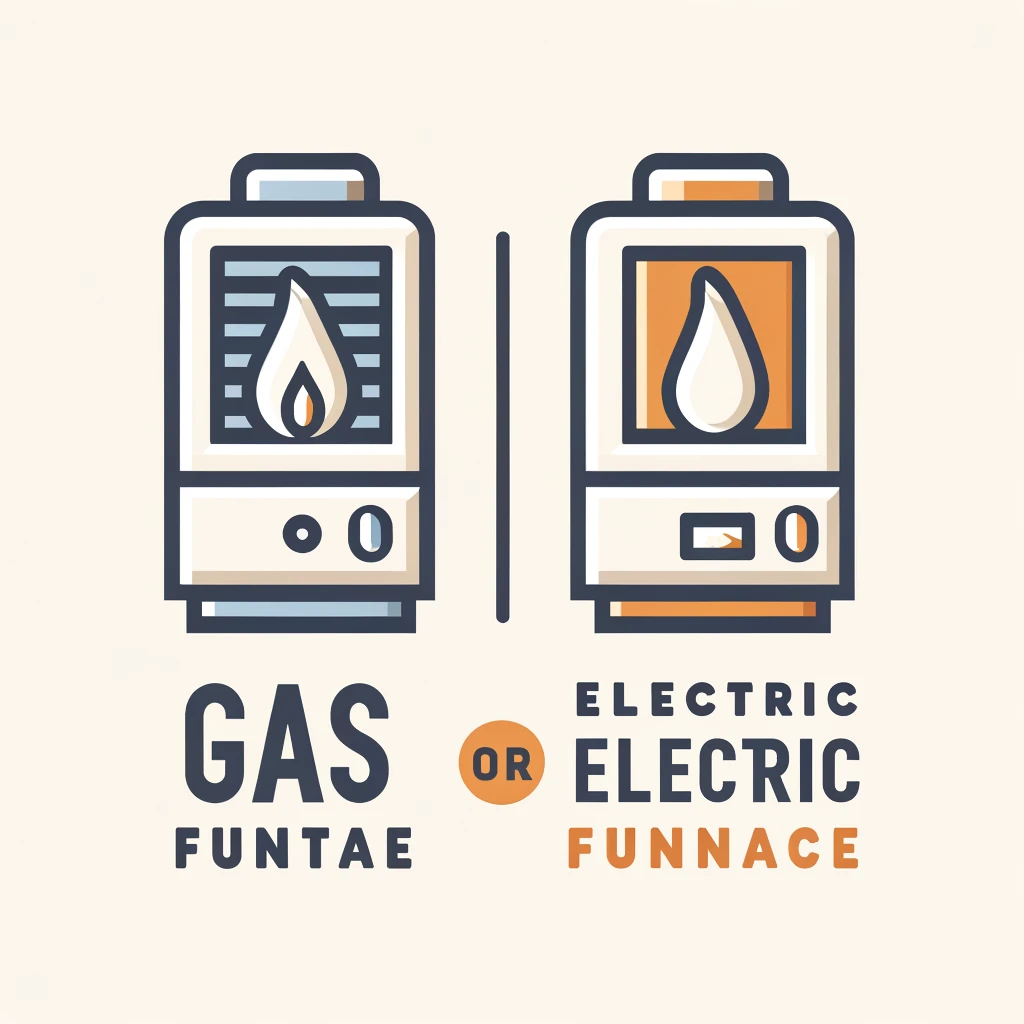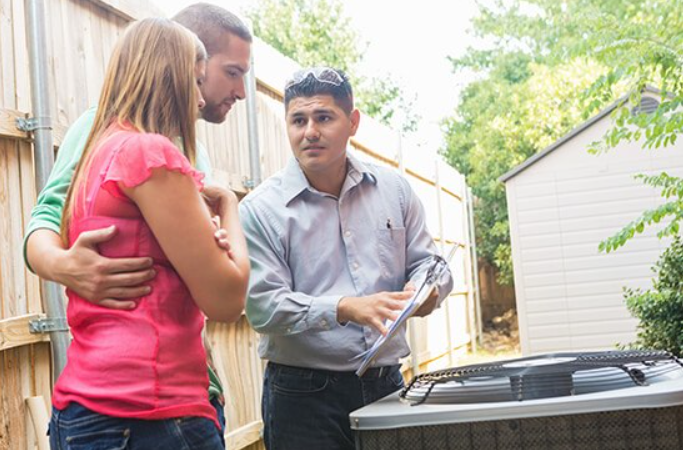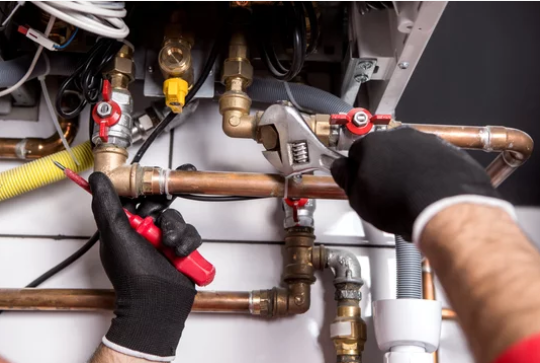
Are you building a new house or improving and upgrading your existing home? If so, a furnace is an investment in your daily comfort and your financial future.
In the United States, gas and electric furnaces are the most popular residential heating solutions, and for a good reason: They work!
Decisions, Decisions!
Knowing how gas and electric furnaces differ is crucial to choosing a system that meets your needs, budget, and personal preferences.
Let’s review the features, benefits, and considerations to help you make an informed decision that will keep your home cozy and your expenses manageable.
Forced-Air Heating: A Common Ground
The first thing to know about forced-air heating is that it’s compatible with either gas or electricity. Forced air systems distribute treated air, heated or cooled, using the vent system in your home. The different components of forced-air systems, in no specific order, include:
- Furnace
- Heat exchanger
- Blower motor
- Air filter
- Thermostat
- Ductwork
- Vents and registers
- Return air ducts
- Flue or vent pipes (for gas furnaces)
- Humidifier (optional)
- Air purifier (optional)
- Zone control system (optional)
- Condensate drain (for high-efficiency furnaces)
- Gas valve (for gas furnaces)
- Ignition system (for gas furnaces)
- Transformer
- Limit switch
Each furnace component plays a crucial role in the efficient and safe operation of the forced air heating system. All of them must work together to provide a comfortable and safe indoor living environment.
Gas Furnace
Gas furnaces are renowned for their efficiency, affordability, and powerful heating capabilities. This furnace connects directly to your home’s natural gas line, and fuel deliveries are unnecessary, offering a seamless and reliable heating solution.
With efficiency ratings on newer gas-powered HVAC systems exceeding 90% AFUE (Annual Fuel Utilization Efficiency), gas furnaces provide a nearly one-to-one ratio of fuel consumption to heat output. Their efficiency makes them eco-friendly, translating to lower heating costs and a more comfortable home.
A gas furnace could be the most logical heating solution for homeowners with installed natural gas lines or those considering an upgrade. Natural gas can heat your home and power other home appliances, including ovens, water heaters, and clothes dryers, extending the value of this installed utility.
Electric Furnaces: A Versatile Alternative
Electric furnaces are a viable and widely accessible alternative for homeowners without access to natural gas lines or those who prefer not to have gas lines installed.
Unlike gas-powered furnaces, electric furnaces operate solely using electricity. Electric furnaces offer a viable solution for people concerned about the risks of gas leaks.
Electric furnace systems are suitable for regions that experience milder and somewhat predictable winters. But remember that the colder it gets, the harder electric furnaces have to work to maintain indoor comfort.
Making Your Choice: Factors to Consider
When deciding between installing a gas or electric furnace, here are some factors that you should weigh carefully:
- Access to Natural Gas – A gas furnace could be more efficient and cost-effective if your home already has natural gas access.
- Initial Investment vs. Long-Term Savings – Electric furnaces might have lower upfront costs, but gas furnaces often provide longer-term savings because they have lower overall operating costs.
- Environmental Considerations—Gas furnaces tend to have a smaller carbon footprint than electric furnaces, primarily because the electricity is derived from fossil fuels.
Costs and the environment are two leading factors when choosing a gas or electric furnace. If natural gas is already installed at home, gas furnace installation is straightforward. Electric furnaces might have lower initial costs and only require electricity to operate.
Both gas and electric furnaces require care and maintenance after installation to keep them operating optimally.
Homes With Solar Panels Can Tap Into The Power Of The Sun
If you have solar panels installed at home, you’re in for good news. Renewable energy generated from these panels can minimize an electric furnace’s “out-of-pocket” costs. By tapping into the sun’s energy, you can power your heating system with less reliance on the power grid.
Your Partner For Furnace Installation and Care In Westlake, Ohio
Deciding on the right furnace is a big step toward a comfortable and efficient home and a task you don’t have to do alone.
Our professionals at Westland Heating And Air are here to offer advice and guidance on the best furnace system for your home, whether you are leaning toward gas or electric.
With decades of experience providing hassle-free installation, thorough maintenance, and expert repairs, we help ensure your home stays warm and your system runs smoothly.
Contact us today if you are facing furnace-related problems or issues. We’re here to help.




